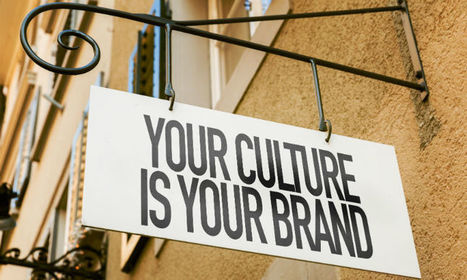Humans are problem solvers - we are good at fixing things and we are compelled to do so as a means of survival. My favourite discovery in Kahneman’s Thinking Fast and Slow was that humans have an in-built desire for shortcuts - a drive to solve problems using the least possible amount of effort. We prefer to use the information we have in front of us and don’t naturally seek additional information.
I wondered whether this desire for shortcuts could help to explain the ubiquitous ‘fix-it’ culture that we see in our public services. Does our innate drive to reach solutions quickly (amongst other obvious influences such as social and organisational pressures) play a role?
Add empathy into the mix and our desire to ‘fix’ things may be perpetuated further. As a practising clinical psychologist, I find it hardest to resist offering solutions when people appear to be struggling the most – as if empathy intensifies the urge to ‘fix’. We don’t want people to suffer – so it makes sense to find an answer and fast!
But is this the most helpful response? In some situations a fast solution is appropriate, such as with urgent medical care. But if a person has a more complex problem to solve, then a question is likely to be more useful than an answer.
Via David Hain



 Your new post is loading...
Your new post is loading...


















